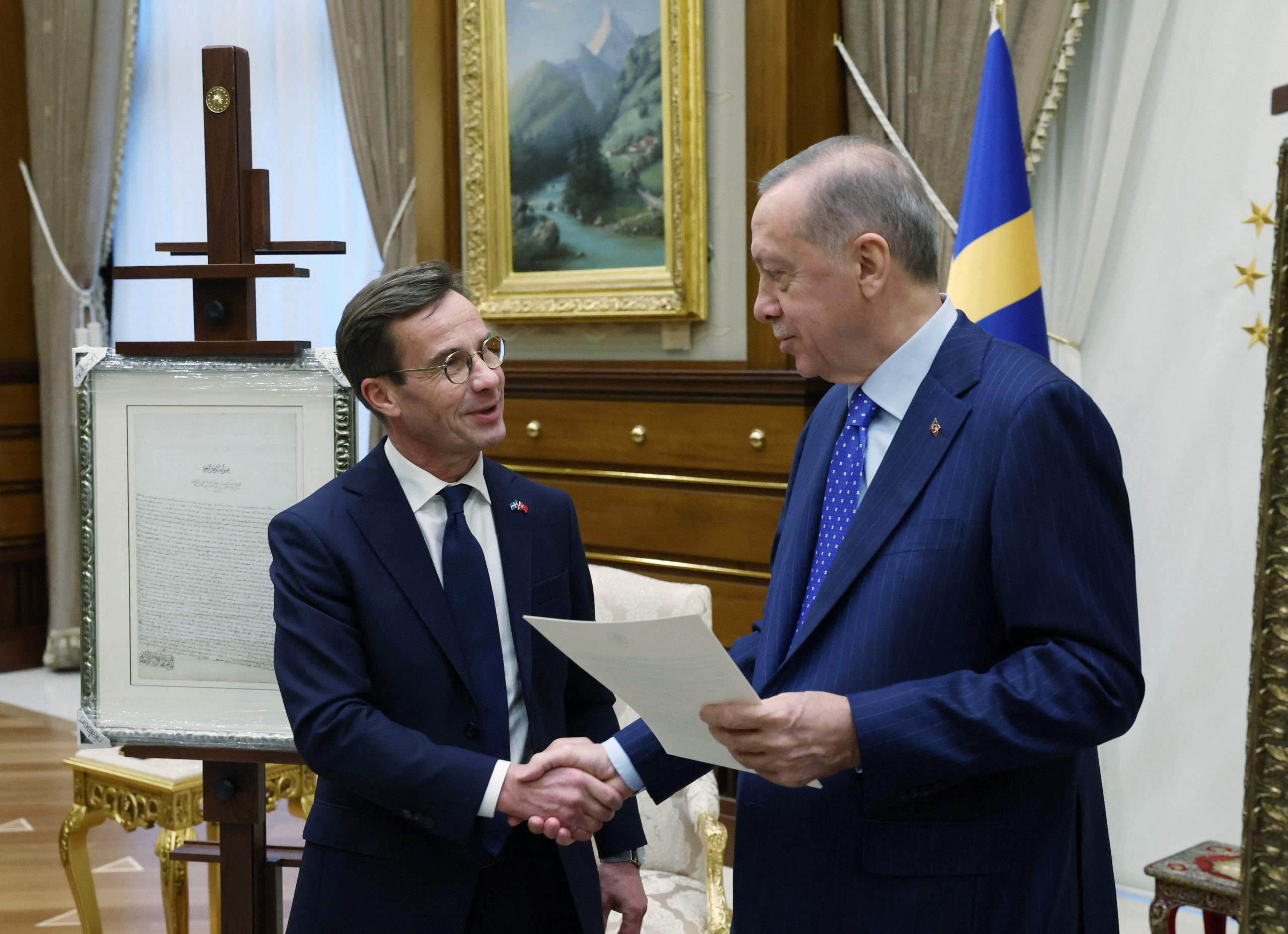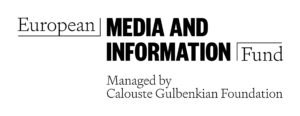Turkey’s Erdogan wants Swedish action on anti-terrorism for NATO bid approval
Swedish Prime Minister Ulf Kristersson vowed to fulfill security commitments the Nordic country made to get backing for its entry into NATO.

ISTANBUL — Turkish President Tayyip Erdogan said on Tuesday that Ankara conveyed its expectation to see concrete steps from Sweden to fulfill anti-terrorism obligations under a deal clearing bids by the Nordic country and neighboring Finland to join NATO.
In a joint news conference after a meeting in Ankara, Sweden’s Prime Minister Ulf Kristersson said he understood Turkey’s fight against terrorism and vowed to fulfill security commitments the Nordic country made to get Ankara’s backing for its entry into NATO.
“In our meeting, we have openly shared our expectations for concrete steps regarding the implementation of the provisions in the memorandum,” Erdogan said.
Sweden and Finland applied to join NATO in May in response to Russia’s invasion of Ukraine. But Turkey, a NATO member, raised objections, citing security concerns related to the outlawed Kurdistan Workers Party (PKK) and other groups, and over the Nordic states’ ban on arms exports.
“I want to reassure all Turks, Sweden will live up to all the obligations made to Turkey in countering the terrorist threat,” Kristersson said.
The three countries signed a memorandum in June that lifted Turkey’s veto while requiring Sweden and Finland to address its remaining concerns.
In September, following the memorandum, Sweden and Finland reversed a ban against exporting military equipment to Turkey, a move welcomed as a positive step by Erdogan.
Reporting by Ezgi Erkoyun and Johan Ahlander.
This article has been fact-checked by Arctic Today and Polar Research and Policy Initiative, with the support of the EMIF managed by the Calouste Gulbenkian Foundation.

Disclaimer: The sole responsibility for any content supported by the European Media and Information Fund lies with the author(s) and it may not necessarily reflect the positions of the EMIF and the Fund Partners, the Calouste Gulbenkian Foundation and the European University Institute.